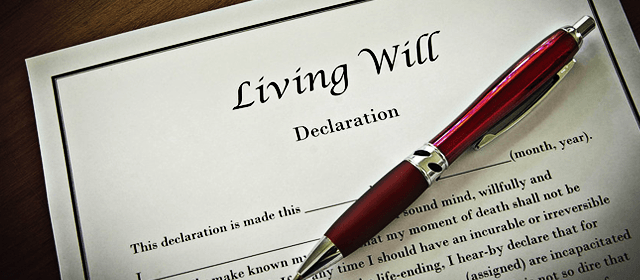419-782-0051
Proudly serving Northwest Ohio
306 Clinton St.
Defiance, OH 43512


Wills & Trusts
Last Will & Testament
A Will specifies beneficiaries of the decedent’s property and the person who will serve as Executor. The Executor’s job is to make sure the provisions of the Will are carried out. A Will also contains nominations of Guardians to take care of minor or disabled children, and may nominate a Trustee to take care of any funds you wish to leave to minor, disabled, or irresponsible children. If you do not yet have a Will, you should contact an attorney to have a Will drafted for you.
Trusts
A Trust is similar to a Will, in that it can be used to designate beneficiaries of property and nominate a Trustee to carry out the provisions of the Trust after the maker’s death. However, a Trust differs from a Will in some important ways. One difference is that a Trust may be funded prior to the maker’s death. For example, some people set up Trusts to hold title to real estate and/or business interests during their lifetimes. A second difference between a Will and a Trust is that, generally, administration of a Trust is not administered by a Probate Court, allowing greater flexibility (and less accountability) to the Trustee. Certain kinds of Trusts are useful when leaving money or property to disabled children or Medicaid beneficiaries. Since your situation is fact-specific, you should consult with an attorney to determine whether a Trust makes sense for you.

